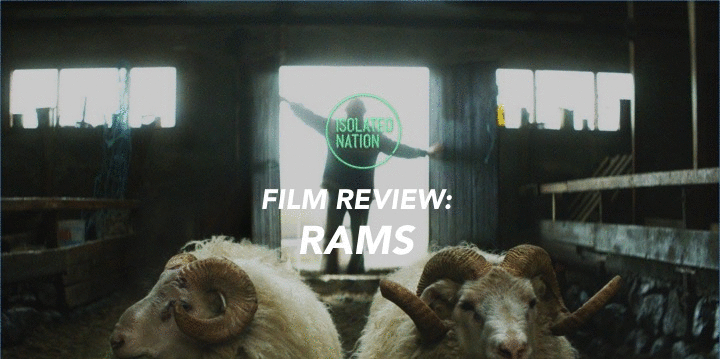Unapologetically confronting "99 Homes" puts a human face to the Global Financial Crisis
From the first ominous notes and churning shot of 99 Homes, I was on edge. An almost tangible collective sense of dread blanketed the audience like a taught membrane ready to snap. Much like the global economy circa 2007 we were in an ever-expanding bubble which had finite space to grow. Ramin Bahrani’s 6th feature follows a family trying to keep their heads above water in the high tide of America’s burst economy. 99 Homes provides much needed reflection on the human repercussions of the Global Financial Crisis by presenting us with a human face to an event often described with numbers.
I was initially doubtful that Andrew Garfield had the acting chops to be the face of this multi-faceted issue, but I was delighted to be proven wrong. Garfield’s puppy dog eyes conveyed a depth of performance and inner turmoil that bubbled beneath the surface. In contrast, his counterpart Michael Shannon played a stone-faced, no BS property mogul and possibly the most badass e-cig smoker to grace the big screen (It’s okay, Rachel McAdams, I specified screen size for a reason). While it is hard to dislike Shannon’s performance as a callous, borderline-sociopath, I found his character to be quite underdeveloped. We may know that he’s a self-made man who now takes pleasure in owning property other men and making biblical metaphors, but this ultimately came across as a bit of a mono-dimensional, stiff scotch to swallow (click here for Shannon’s best characterisation).
Shannon and Garfield are juxtaposed to great effect without the symbolism appearing too grating. We noticed that one smoked an e-cigarette whilst the other stuck to good ol’ fashion tobacco stix – isn’t that just a lovely representation of ideology? (Cue Jimmy Barnes ‘Working Class Man’). Stylistically reminiscent of cinéma vérité, the shaky cam is used to great effect. This is most poignant during the eviction sequences in film, which felt like a personal invasion on the part of the audience. It’s clear that Bahrani is not afraid of making us feel uncomfortable. We are affronted by the harsh reality of unaffordable housing as the film places the systematic disadvantage of our economic model under the microscope. Shannon’s character broadly declares that “America was built by bailing out winners.”, whereas one of the antithetical ‘losers’ in film justifies fraudulently ripping off the government by asserting that’ “They’ve been fucking me for so long I don’t mind taking a bit back”.
"Agenda? What agenda?" Source: Mad Man Films
99 homes serves as an unfaltering reminder that external, system-wide inequalities are more causative of homelessness than any factors related to the individual. Although the contrast in living conditions between characters remains repugnant, this provocation of the audiences’ privilege does not translate into a slap-in-the-face wake-up call, but more of a gentle poke at the ever-widening socioeconomic schism. Throughout 99 Homes, Bahrani holds our privilege delicately hostage. Damage could be wrought, but it isn’t. He traipses along the line of guilt-tripping the audience but chooses instead to bring us to a place of empathy; an emotional state more suited to digesting a critical consideration of societal issues than shame. But don’t be fooled into thinking that this film is just a discussion or a reflection of society. It’s not just about ideas, it’s a story about people too, and a kickass story at that.







